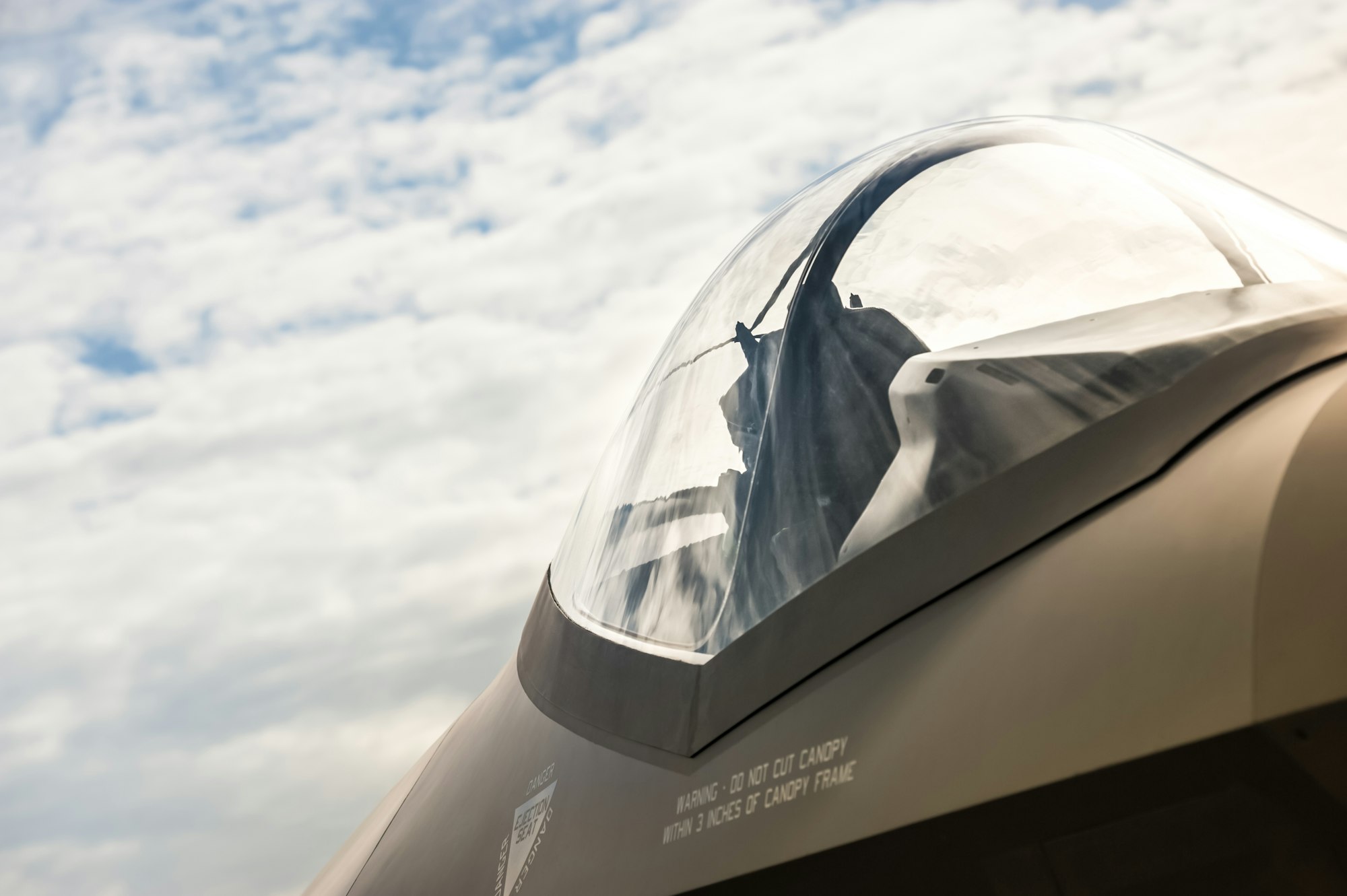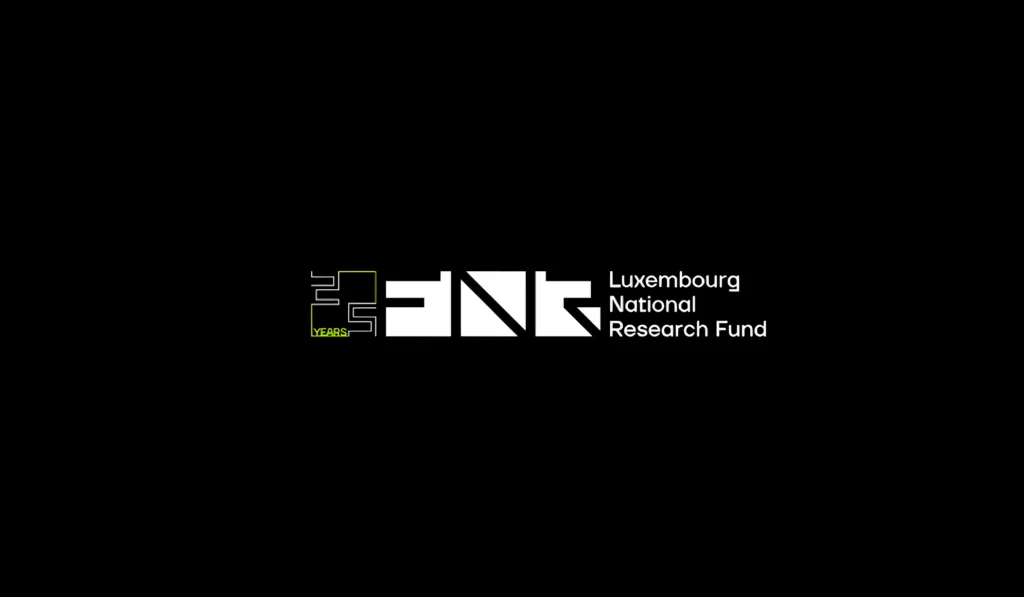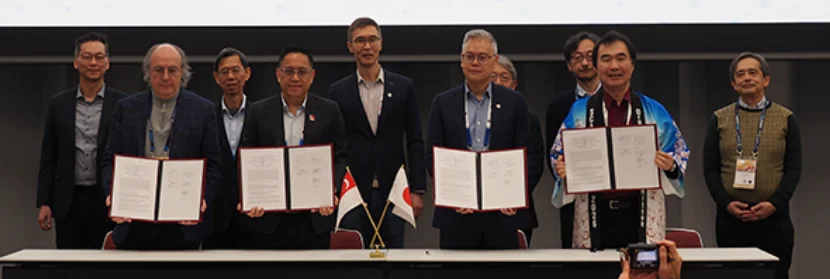Insider Brief
- The Pentagon’s Defense Innovation Unit (DIU) will aim its new portfolio on quantum sensor technology.
- The unit posted a commercial solutions opening, seeking mature quantum sensing technologies.
- DIU is part of the U.S. Department of Defense (DoD) that helps the U.S. military make faster use of emerging commercial technologies.
The Pentagon’s Defense Innovation Unit (DIU), a defense organization specializing in emerging technologies, has quantum sensor technology in its sights for a new portfolio of emerging defense techs, defense analysts are reporting.
The organization said its “Emerging Technology” portfolio emphasizes the unit’s commitment to advancing technologies that has yet to establish pathways into the Defense Department’s operational framework. DIU is part of the U.S. Department of Defense (DoD) that helps the U.S. military make faster use of emerging commercial technologies. Launched in 2015, DIU seeks to accelerate the adoption of commercial technology throughout the military and grow the national security innovation base.
Defense Scoop reported that the initial push under this portfolio is the Transition of Quantum Sensors (TQS) program will seek prototypes from industry that are capable of enhancing position, navigation and timing (PNT) capabilities through advanced quantum sensing. As detailed in its commercial solutions opening on DIU’s website, the program is designed to mature quantum sensing technologies and validate their capabilities in defense operations.

Leading the portfolio, Air Force Lt. Col. Nicholas Estep will oversee the exploration and integration of commercial and non-traditional “deep-tech” capabilities, Defense Scoop reports.
Quantum sensors can detect atomic-level changes in movement and electromagnetic fields. Such capabilities could lead to dramatic advances over classical sensors, offering unmatched precision and sensitivity for military operations. The TQS solicitation highlighted the readiness of these technologies for operational demonstrations in military settings. The program will explore three main areas: inertial sensing, magnetometers and spiral enhancements for quantum sensing.
Inertial sensors, known to accumulate minimal errors over time in sensor measurements — also called low drift rates, can maintain accurate navigation for extended periods without the need for constant updates from systems like GPS. This capability is crucial for missions where conventional navigation aids are unavailable or unreliable. On the other hand, magnetic navigation (MagNav) systems offer robustness against interference, be it environmental factors or adversarial disruptions, making them ideal for operations in challenging conditions.
DIU’s solicitation looks for ways to integrate magnetometers for geomagnetic surveying and magnetic anomaly detection. For the military, these applications could be used in submarine operations and detecting explosive materials. By coupling these devices with drones, the military could gain access to enhanced mobility and extended operational range.
Proposals for the TQS program are due by May 29, with DIU encouraging solutions that address both inertial and magnetic sensing needs through modular, iterative designs. The agency is prioritizing technologies that offer flexible application across various military missions.
“The intent is to conduct mid-course functional demonstrations of these solutions, leading to operational demonstrations within the next five years,” the DIU release stated.
Additionally, the Emerging Technology portfolio will soon include efforts in hypersonics, taking charge of the High-cadence Airborne Testing Capabilities (HyCAT) program. This move aims to accelerate the prototyping of hypersonic testing systems, further expanding the DoD’s capabilities in this area.
In the future, the portfolio plans to launch prototyping projects in advanced materials and propulsion, nanotechnology, photonics, microelectronics, additive manufacturing, and quantum information science, according to DIU. These initiatives reflect DIU’s ongoing commitment to maintaining the technological edge of the United States military and ensuring its readiness in the face of evolving global threats.















